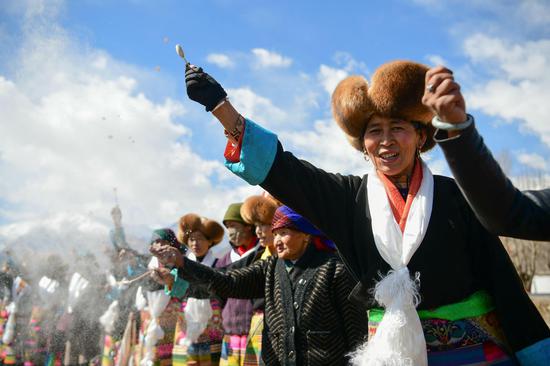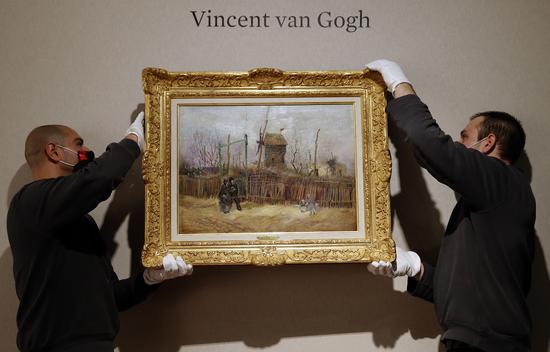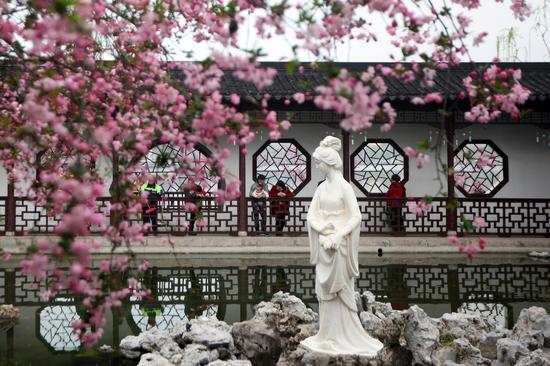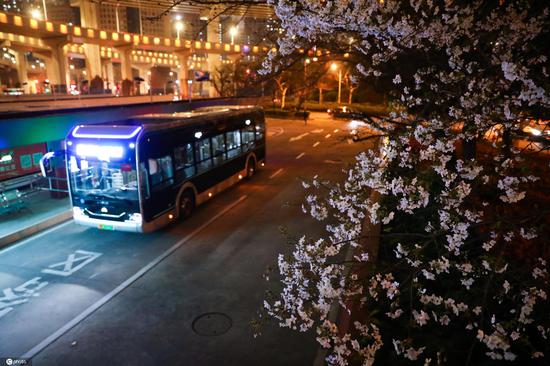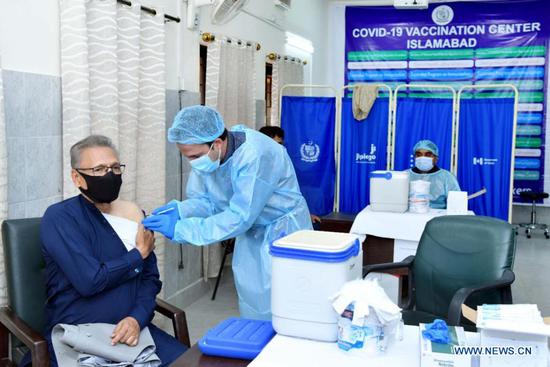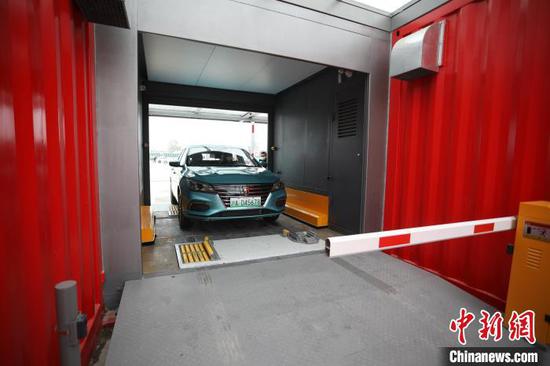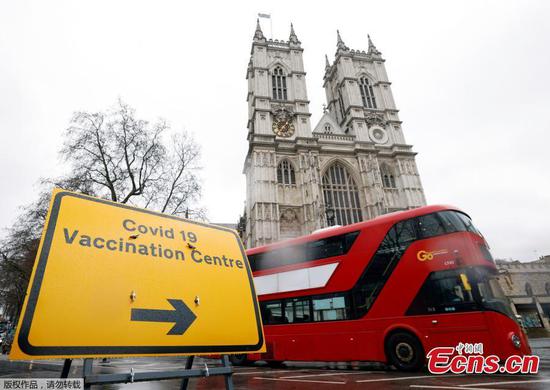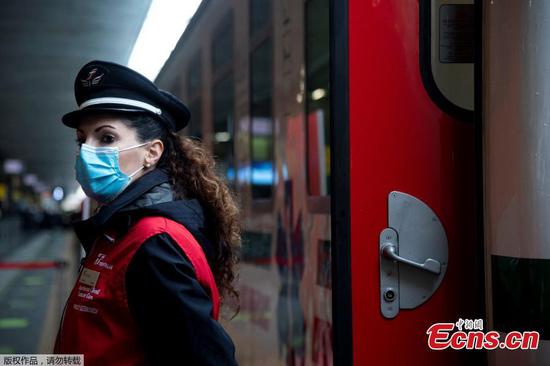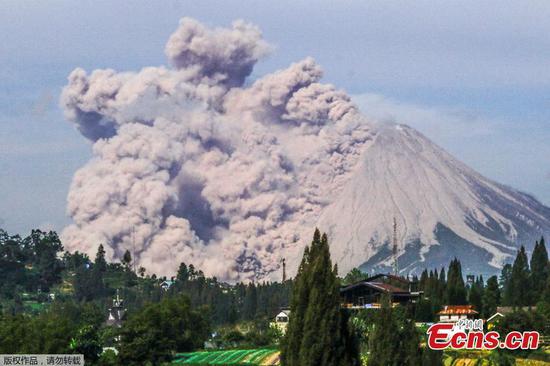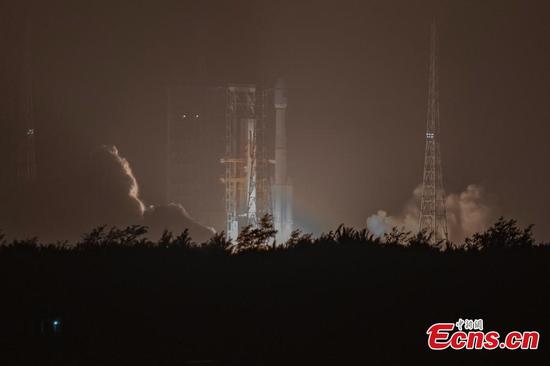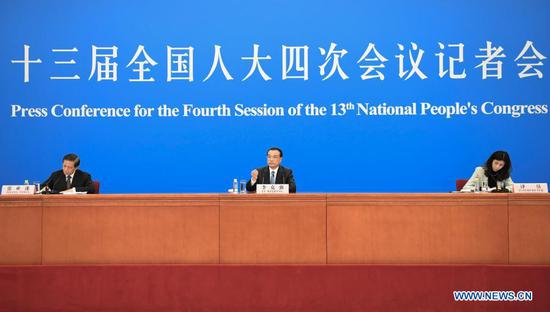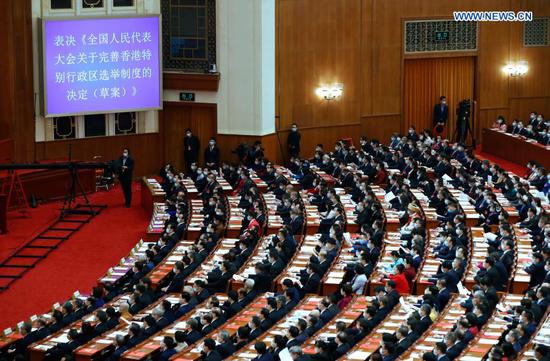High-level meeting called chance to build confidence in stability, recovery
Beijing and Washington are expected to fully tap into opportunities created by their upcoming high-level strategic dialogue to mitigate hostility, prevent crises, patch up mutual trust and thus shore up global confidence in stability and recovery, world leaders and senior scholars have said.
They made the prediction at a time when China and the United States are seen as a pair of engines capable of driving the world through its severe economic downturn. It also comes amid concerns over uncertainties that haunt the top two economies' relations.
The high-level strategic dialogue, initially proposed by Washington, will be held on Thursday and Friday in Anchorage, Alaska.
The event will bring together Yang Jiechi, a member of the Political Bureau of the Communist Party of China Central Committee and director of the Office of the Foreign Affairs Commission of the CPC Central Committee, State Councilor and Foreign Minister Wang Yi, U.S. Secretary of State Antony Blinken and U.S. National Security Advisor Jake Sullivan.
The meeting will be the first face-to-face, high-level contact between the two governments since U.S. President Joe Biden took office on Jan 20.
The United Nations said on Tuesday that it hopes for "a positive outcome" from the meeting.
"We hope that China and the U.S. can find ways to collaborate on critical issues, notably on climate change, on rebuilding the post-COVID world," said Stephane Dujarric, spokesman for UN Secretary-General Antonio Guterres.
"We are all hoping and encouraging the two large powers to think very carefully before deciding that the other one is an adversary," Singapore Prime Minister Lee Hsien Loong said in an interview with the BBC that aired on Sunday. "It is not possible for us to choose one or the other because we have very intense and extensive ties with both the U.S. and with China."
Yuan Zheng, deputy director of the Chinese Academy of Social Sciences' Institute of American Studies, said Washington's high profile attacks against China before its dialogue with Beijing "aims at hyping tension, and its attempt to pressure China will not succeed".
"The repeated attacks (on China), in turn, betray Washington's lack of confidence, and such remarks serve as a tool of psychological warfare," Yuan said.
Foreign Ministry spokesman Zhao Lijian said on Wednesday that China's acceptance of the U.S. invitation to attend the Alaska meeting "manifests our goodwill and sincerity" in resuming bilateral dialogue and exchanges and improving and developing their ties.
Washington is expected to focus on cooperation, showing mutual respect, and to "manage, tackle differences in a constructive manner", Zhao said. Both countries share duties in tackling climate change and promoting global post-COVID recovery, he said.
"China-U.S. confrontation does not serve the interests of the international community," Zhao added.
Reacting to the results of a recent poll released by Gallup reporting an increase in hostility toward China among the U.S. public, Zhao said the damage left by the previous U.S. administration's massive defamation campaign targeting China "has yet to be mitigated". The new administration should break away from a Cold War mentality and view China and ties with China in an objective way, he said.
During his trip to Japan this week, Blinken took a tough stance on several occasions against China on topics including human rights.
In response, Zhao said China will use the upcoming dialogue to make clear its positions, and it believes that the U.S. is fully aware of China's determination to guard its sovereignty, security and development interests.
Jia Qingguo, director of the Institute for Global Cooperation and Understanding of Peking University, said China has manifested its willingness to fulfill the principle of no conflict, no confrontation, mutual respect and win-win cooperation, and "we hope the U.S. would eventually respond with goodwill".
Currently, mistrust is "still running at a high level" between the two countries, and voices advocating hardening sentiments toward China cannot be ignored back in the U.S., said Jia.
To improve their relations, the two countries are faced with many challenges and difficulties, and to tackle these challenges, dialogue and reconciliation at all levels should be resumed between the two countries at an early date, Jia said.
Chen Dongxiao, president of the Shanghai Institutes for International Studies, said tackling China-U.S. ties requires "realistic expectations" rather than "unrealistic hopes", and both sides should grab the chance for dialogue "with a strong sense of urgency".
"Staying put for a long time means missing quite a few opportunities.…The upcoming meeting is a good chance for both sides to compare notes and draw lines," Chen said.
Chen underlined the importance of securing the bottom line for China-U.S. ties, which is to prevent miscalculation or misjudgment from leading to military conflicts.
Xu Bu, president of the China Institute of International Studies, said that after the Biden administration took office, relations among major countries began a new round of adjustments, and "China-U.S. relations have ushered in a window of opportunity for setting things right".
As permanent members of the United Nations Security Council, both China and the U.S. bear special responsibility for world peace and development, and the international community is closely tracking the trajectory of their ties, Xu said.












